The Skies Will Never Be The Same Again!
Travel has remained a key element of everyone's lives for the longest time now. Be it for leisure or work, individuals all over the world depend on air travel. The world is more connected now than ever due to the existence of air travel. The ability to hop on a plane to attend a meeting in a different city or a wedding turned into an everyday affair. Over the years multiple airlines have introduced various strategies to make air travel more comfortable and affordable to the common man.

With the onset of the Covid-19 pandemic, air travel came to a standstill. Countries around the world were quick to close down their international borders to prevent the excessive spread of the virus. As the pandemic worsened across the globe, many airlines took a huge hit like other businesses. Along with which the tourism and travel industry also plummeted. During the last 8 months, air travel was primarily used for the transport of medicines and medical equipment to battle the pandemic on a global scale.
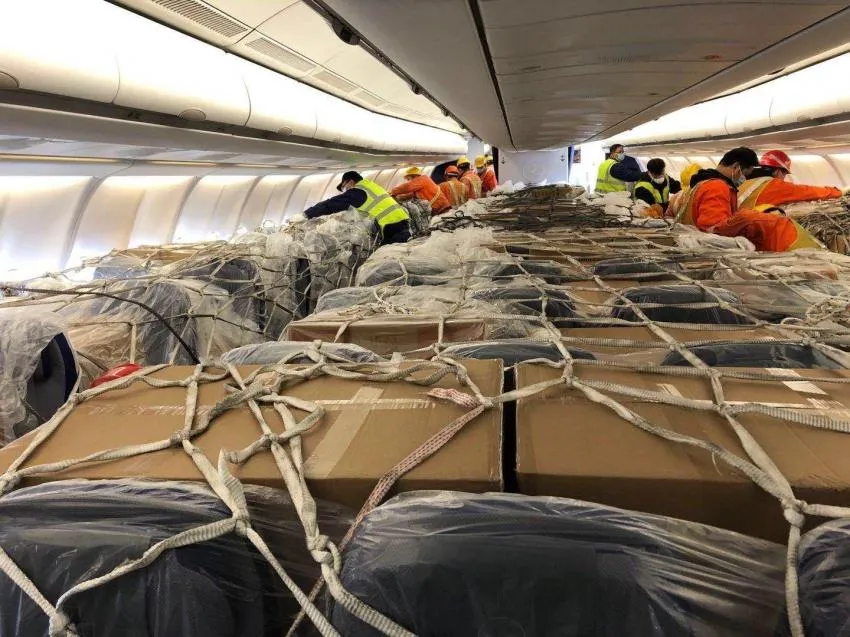
With life returning to normalcy, people around the world have slowly but steadily resumed travel by air for personal and professional reasons. However, there have been drastic changes adapted keeping the safety and comfort of passengers in mind.
Here is the list of permanent changes in the air travel industry because of the pandemic:
1. Combating public fear and implementing safety precautions
The most prominent challenge right now is the fear that people have developed towards air travel. Multiple strategies have been put in place to ensure maximum safety. Face masks, gloves, face shields, temperature checks, and sanitizers have become an integral part of travel. Travelers and airlines staff alike value the importance of the same.
To avoid confusion and ensure that all safety protocols are carried out effectively, passengers are now required to arrive at the airport early to complete all safety checks. Web check-in which has always remained optional has now become the preferred medium for both passengers and airline companies to reduce the risk of contact between employees and customers at check-in counters. Implementation of social distancing measures both on the ground and on-air has put increased stress on staff members.
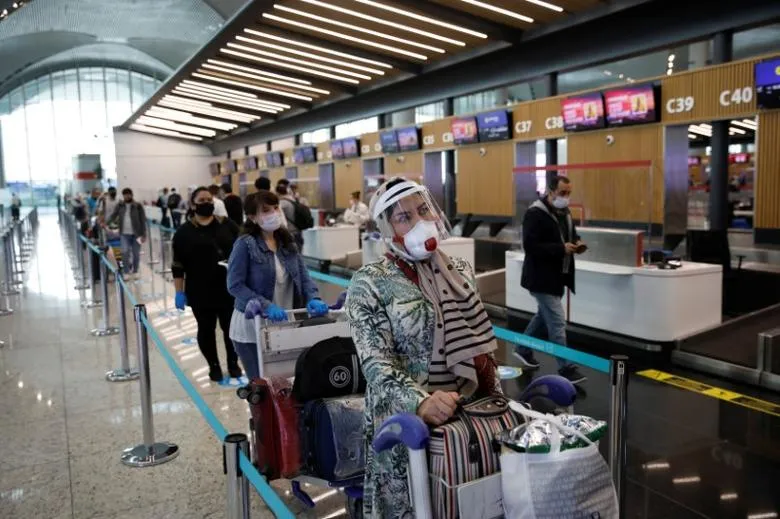
2. Layoffs in the travel industry and their effects
This period saw massive layoffs by airline companies. Employees that were retained faced severe pay cuts as well. The increasing frequency of flights in recent times has built unreal pressure on the existing employees. Cabin crew and pilots are forced to tackle excessive workload to make up for the reduction in employee strength. This often results in back to back flights which result in prolonged flying hours and decreased holidays. This has taken a toll on both their physical and mental health alike.
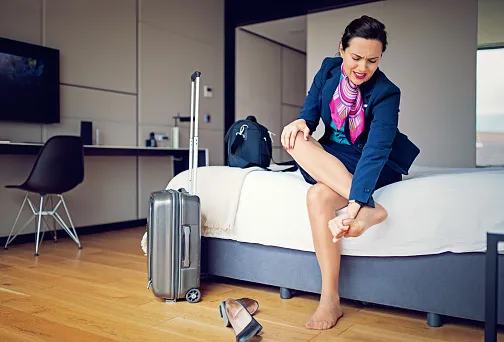
To understand the current scenario better, I indulged in conversation with a cabin crew member working with Indigo airlines. In her opinion, as the lockdown lifted initially, there were fewer passengers on board. Since food and beverage service was temporarily halted to restrict contact, shifts were easier to handle.
With an increased inflow of passengers and all services on board resuming, it has led to increased work on all shifts. Due to the lay-off of many employees, her team and she are now faced with more frequent flights regularly which makes their schedule erratic and tiring. This also poses an increased risk of them contracting the virus.

However, there are always two sides to a coin. She believes that the pandemic has forced airlines to be more conscious of the cleanliness and hygiene standards maintained on board. Sanitization of flights is more regular. The quality and standard of food have been elevated to match the safety standards. The quality of cabin air has seen a stark improvement with the usage of HEPA filters as per international protocols issued.
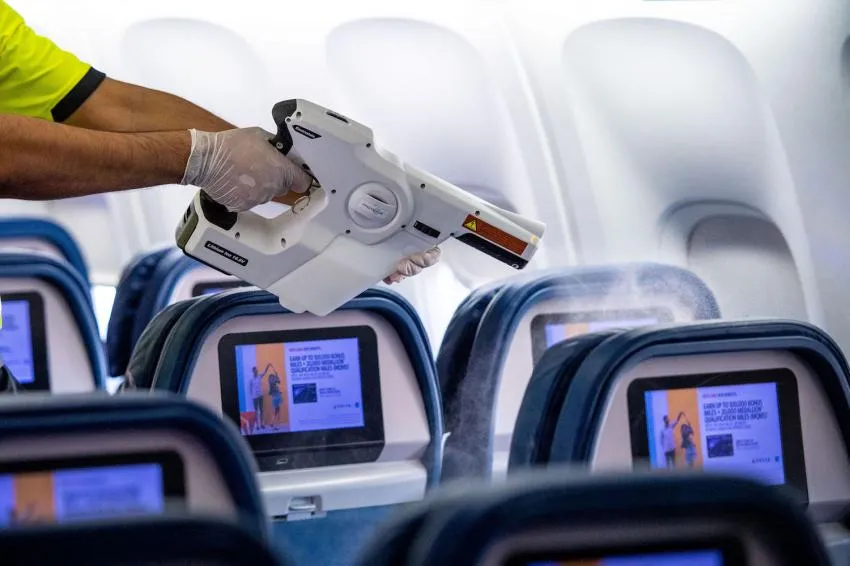
3. Drastic decrease in daily travelers
When it comes to Business travel involving domestic or international trips by employees or organizations, India had emerged as the third-largest Business Travel Market in APAC after China and Japan. Before the pandemic hit, hundreds of corporate employees traveled on a day to basis both within the country and internationally. With companies shifting to remote and work from home models since the pandemic, there has been a sharp dip in the frequency of corporate travelers.
Most companies have adapted to the medium of online meetings via platforms such as Zoom, Google Meet, Microsoft Teams, etc., This proves to be a fatal blow to those airline companies that have most of their fleet plying on routes within the country. In addition to this, most customers prefer booking direct flights instead of opting for connecting flights with layovers as they are concerned about their safety.
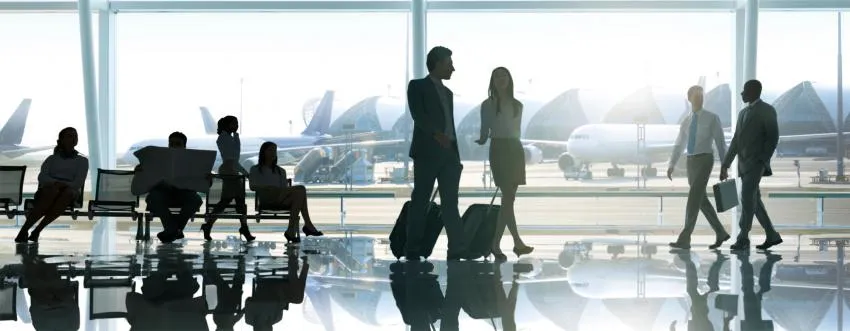
4. Desperate attempt to boost profits
As per the protocols released by the International Air Transport Association (IATA), airlines were advised to leave alternative seats empty and fly at half capacity to ensure social distancing is maintained onboard among passengers. With increased bookings, many airlines have now chosen to not follow this rule anymore. Instead, PPE kits are made compulsory for those passengers occupying the middle seat on small budget airlines.
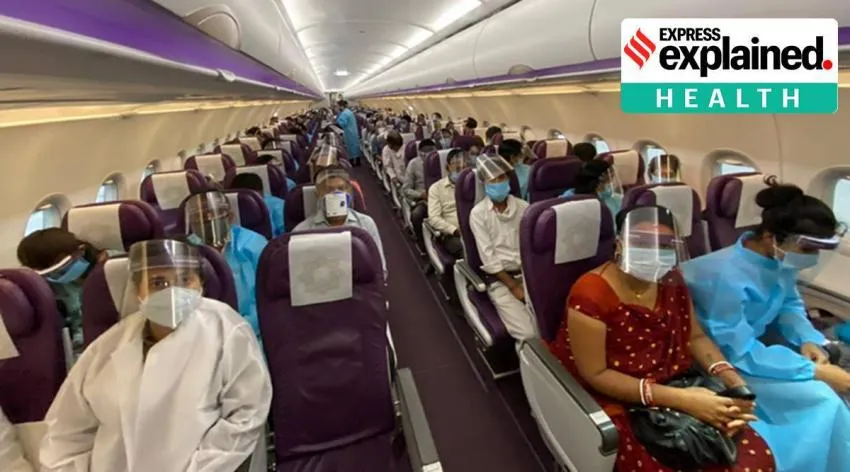
Just as most businesses were forced to adapt in unimaginable ways to stay afloat amidst the pandemic, the airline industry was also forced to adapt and reinvent air travel. From training on-ground staff, airport officials, and the cabin crew, multiple protocols and changes have been put in place to make the skies safe once again. It is safe to assume that the face of air travel will never be the same once again. Passengers and airline employees are bound to be more cautious about their safety. Post the pandemic as well, the skies are never going to be the same again!
Opinions and Perspectives
I found it fascinating how quickly airlines had to adapt to the new reality. The shift from optional web check-in to making it the preferred method really shows how technology became crucial during the pandemic.
The part about cabin crew working longer hours is concerning. I wonder how sustainable this is in the long term for their wellbeing.
Reading about the HEPA filters made me feel better about flying again. At least there's some silver lining with improved air quality standards.
I'm not sure I agree with airlines abandoning the empty middle seat policy. Seems like they're prioritizing profits over passenger safety.
As someone who travels frequently for business, I can confirm the massive shift to virtual meetings. Haven't been on a plane for work in over a year now.
The interview with the Indigo cabin crew member was particularly insightful. Really shows the human impact of these changes.
Does anyone know if the increased cleaning protocols are actually being maintained? Or was it just for show during the height of the pandemic?
My recent flight experience was completely different from pre-pandemic times. The safety measures are thorough, but they make everything so much slower.
I actually prefer the new web check-in system. It's faster and more convenient than waiting in those long queues.
The article doesn't mention how ticket prices have been affected. I've noticed they're much more expensive now.
The impact on the tourism industry is huge. Many of my friends in the sector lost their jobs and had to switch careers entirely.
Business travel will never return to pre-pandemic levels. Companies have realized how much money they can save with virtual meetings.
I worry about the mental health of airline staff. The increased workload and constant exposure risk must be incredibly stressful.
Interesting that India was the third-largest business travel market in APAC. I had no idea it was that significant.
The PPE kits for middle seat passengers seem like a band-aid solution. They should maintain proper distancing instead.
Having traveled recently, I noticed the food service has improved significantly. They're definitely taking hygiene more seriously now.



